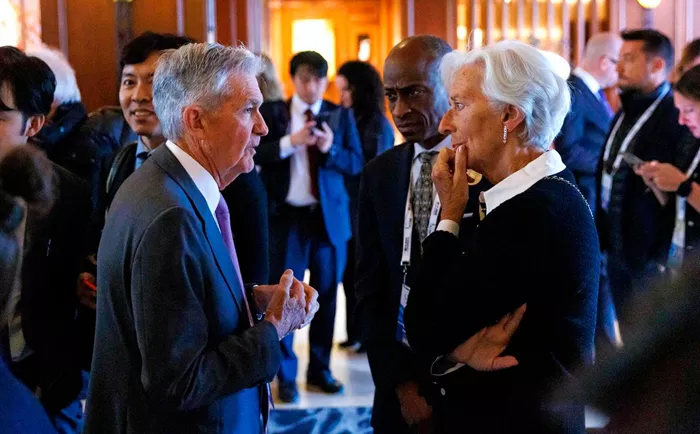The Group of Seven (G7) finance ministers met Wednesday in Banff, Canada, to discuss key economic challenges. These included the impact of U.S. President Donald Trump’s tariffs and ongoing support for Ukraine. The meeting also involved central bank governors from the seven advanced economies: Britain, Canada, France, Germany, Italy, Japan, and the United States.
The talks tested the unity of the G7, as Trump’s trade policies have created tensions that could slow global economic growth. The leaders began the day with a brief ceremony and a group photo in front of the Rocky Mountains.
A European official, speaking anonymously, said the presence of U.S. Treasury Secretary Scott Bessent was a positive sign. “At least the Americans remain engaged in the multilateral system,” the official said. Although there are disagreements over tariffs, the G7 remains a place for open discussion and efforts to find compromises.
Bessent and his counterparts aimed to ease tensions with the U.S. on trade issues. Sources said Bessent planned to raise concerns about China’s unfair trade practices and excess industrial capacity. The group also planned to discuss possible fees on low-value imports from China.
On the sidelines, Bessent met with German Finance Minister Lars Klingbeil to talk about trade policies and Ukraine. Both agreed to meet again in Washington. Bessent was also scheduled for talks with Canadian Finance Minister François-Philippe Champagne.
Champagne highlighted the presence of Ukrainian Finance Minister Sergii Marchenko at the meeting. He said Marchenko’s attendance “sends a strong message to the world” that the G7 remains committed to supporting Ukraine against Russia’s invasion. Marchenko was expected to participate in a session on Ukraine later Wednesday, where he planned to call for increased pressure on Russia.
During a bilateral meeting, Champagne and French Finance Minister Eric Lombard praised the close alignment among G7 countries on key issues. Champagne said the group aims to restore stability in trade and promote economic growth. Lombard emphasized the importance of quality dialogue, calling it “what we need in the world.”
Champagne expressed confidence that fair and predictable trade rules benefit everyone. He believes Canada can help bridge differences among G7 members during these challenging times.
Related topics:


